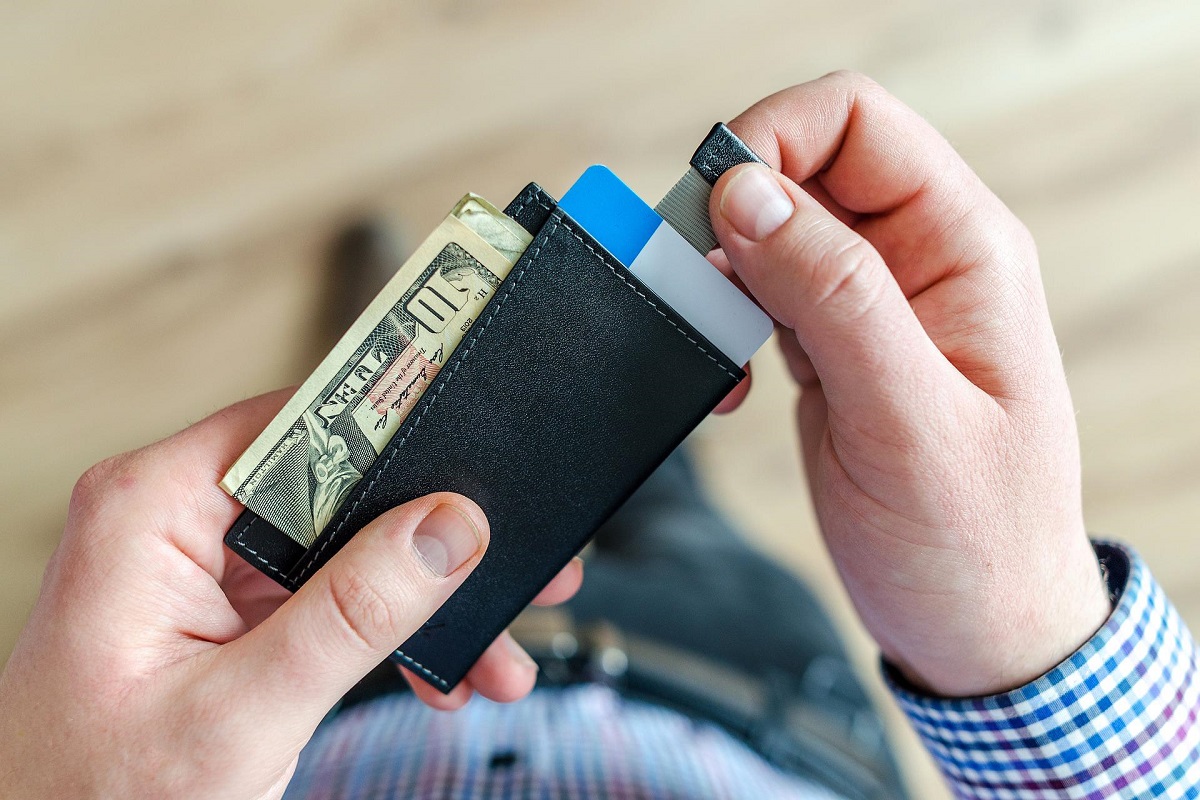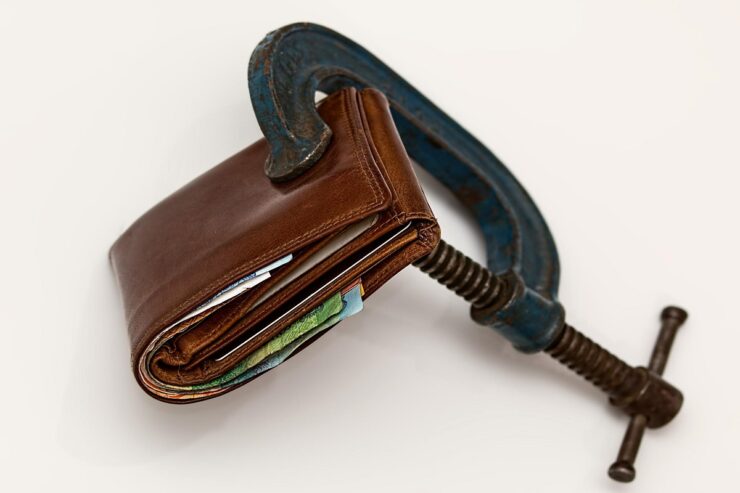Getting out of debt isn’t easy. It can be hard to pay all your monthly bills and save money for a rainy day, let alone make the minimum monthly credit card payments. However, many ways to get out of debt don’t involve being miserable, some of which are listed below.
6 Ways To Get Out Of Debt
1. Sort Out All Your Bills And Debts
The first step in devising a debt reduction plan is to gather all of your present debts and loans. Take six months’ worth of bank and credit card statements and list any recurrent debts and spending. Make a detailed note of the amount due each month, the total amount owed, the interest rate, and the loan length. Take note of any existing loan deferments or special repayment plans.
It’s always good to check your credit report to ensure you haven’t overlooked anything. All three major credit reporting agencies should be viewed. If you simply check with one or two lenders, you may be missing out on critical information about your credit history.
2. Make A Larger Payment Than The Minimum
Decide how much more you can pay toward your debt by reviewing your budget. Paying more than the minimum each month can save you money on interest and allow you to pay off your debts more quickly. Suppose you owe $15,000 with a 17 percent APR and a $450 minimum payment on a credit card.
You’ll need to make the minimum payment for nearly four years to repay the debt. In total, you’ll pay around $5,500 in interest. If you paid $550 a month, or $100 more than the minimum, you could pay off the loan in less than three years and pay only $4,100 in interest. Use a credit card payback calculator to find out more information.
3. Re-examine Your Spending Plan

You may pay off your debts more quickly in one of two ways: either increase your income or decrease your spending. It’s possible that picking up a part-time job or a side hustle won’t be possible for you right now, but you may still make some modifications to your budget.
First, go through your budget item by item and prioritize each one based on its importance to your overall goals. Determine if each individual line item is a must or a luxury, and emphasize the costs that may be cut back or removed entirely. Make the necessary modifications to your budget, and then utilize the money that you save to make additional payments toward your financial obligations every month.
4. Debt Refinancing
You may save hundreds of dollars in interest by refinancing your loan at a cheaper interest rate. Mortgages, vehicle loans, personal loans, and student loans may all be refinanced. Debt consolidation loans, which are personal loans that may have lower interest rates than your current bills, are one option to achieve this.
If you owe money on a credit card, you may want to think about switching to a card with a zero percent balance transfer fee. For a set period of time, generally between six and 18 months, these cards feature a 0% APR.
5. Negotiate A Settlement Of Your Debts
Negotiating a settlement with your creditors is another option, and it can save you a lot of money in the long run. Various third-party firms also provide debt settlement services for a charge, but this is something you may do on your own.
The Federal Trade Commission points out that while paying less than you owe and avoiding previous debts may appear to be a wise move, there are some disadvantages. In the first place, some debt settlement organizations require you to suspend making payments on your obligations. At the same time, they negotiate better terms, which can negatively influence your credit score.
6. Pay Off Debt Using Windfalls
When you get money back from your taxes or a check from the stimulus package, put it toward paying down your loans rather than putting it in the bank or spending it on yourself. You can spend the full windfall on your debt or divide it in half and put one half toward your debt and the other half toward something pleasurable, like an upcoming vacation or an extravagant meal.
Other unanticipated windfalls, such as inheritances, job bonuses, and monetary gifts, can also quickly reduce debt. Keep in mind that in pursuing your goals to pay off your debt, even the smallest contribution helps.
Final Thoughts
One of the most important things you can do to keep yourself motivated to pay off debt more quickly is to keep track of your progress. When you hit certain payment milestones, you should celebrate. You will get the best results if you treat the procedure like a game and continuously push yourself to pay off your debts in less time than you had anticipated.
Visit our Finance Section to read more informative articles such as Top 5 Online Money Transfer Services, Why You Should Never Default On Your Loan Payment, and Common Life Insurance Myths You Need To Know And The Truth Behind Them.












